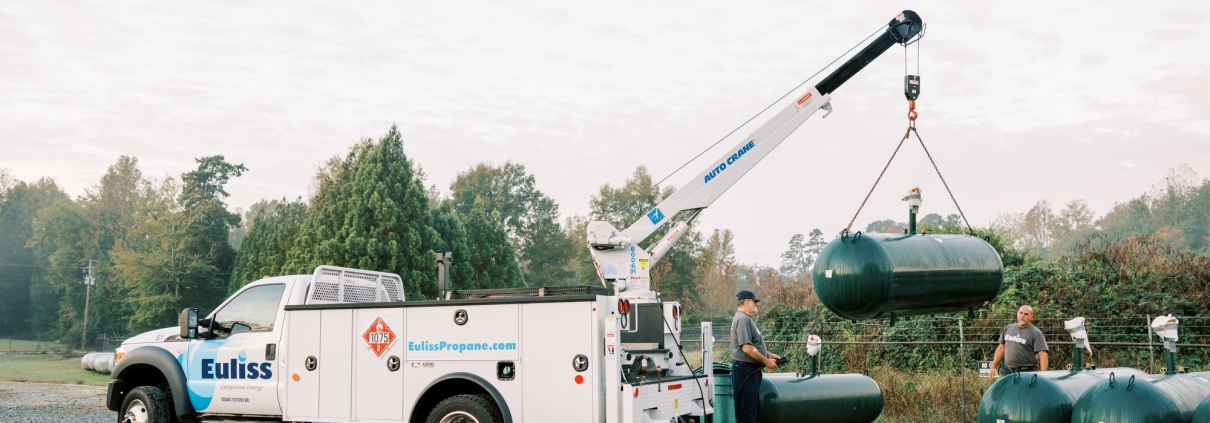When Are Propane Prices Lowest?
Many homeowners turn to propane as a more economical energy choice. But to fully unlock the value of propane, follow our guide:
Propane Costs Less When Weather Is Mild.
Propane prices are lower in the warm, mild months when propane demand is lower. As the weather turns cold, more homeowners use their heaters, and prices go up.
Mild months also mean more predictable weather, while unexpected cold snaps in winter can suddenly make prices spike. Unexpected winter weather events can even lead to power outages which drives propane demand through the roof.
But even summer months can see higher demand for propane, as children are out of school and families fire up their RVs and campers. A homeowner’s best bet is to avoid both the summer spike and winter demand, and fill up their propane tanks in the mild spring or fall months.
The Best Time To Buy Propane Is Before You Need It.
If you’ve ever suddenly needed propane in the middle of winter, you know that emergency deliveries are more expensive. It’s important to anticipate your future needs and fill up before it’s too late.
Part of planning ahead is getting a system with the right size tank. Too big and you may be fighting regulations, but too small and you’ll find yourself running out of propane on a regular basis. Experienced propane companies can help choose the right tank size and delivery schedule.
Propane Prices Are Lower With Protection Programs.
Some propane companies, like Euliss Propane, even offer price protection programs that will help you spend less by taking advantage of special deals such as:
- A pre-buy program that locks in a fixed price if you agree to buy a certain amount.
- A price cap that guarantees your price never exceeds a fixed amount.
- A budget plan in which yearly usage is estimated up front and paid over 12 equal payments.
Euliss Propane Offers The Best Propane Value.
The experts at Euliss Propane will not only help you pick the right size system for your home, but will help you estimate your usage so that you’re not over-spending or under-filling. Learn more about our price protection programs or contact us to find out how we can help.





